
Want to be more curious? Experts recommend these 5 habits
Despite a reputation for catastrophe and cat killings, curiosity is a beneficial drive that improves our lives and well-being.
Recommendation
Feeling stuck in your day-to-day? Foster your curiosity to open up a world of possibilities. Though mythology paints curiosity in a less-than-flattering light, author Kevin Dickinson takes a 21st-century look into the benefits of enhancing your curious nature. Dickinson explores how a curious mind can lead to new knowledge, scientific breakthroughs and even a happier, more fulfilling life. In his guide, he breaks down five unique habits, such as asking better questions and understanding your motivations, that give you the courage to explore the unknown with a fresh perspective.
Summary
About the Author
Kevin Dickinson is the Learning Curve columnist at Big Think and Big Think+, which focuses on the intersection between education, psychology and science.









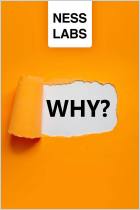
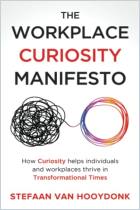
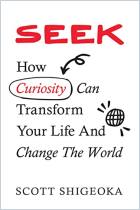
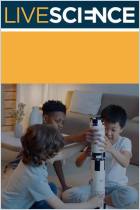
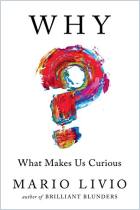
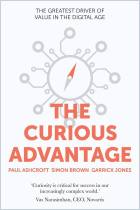




Comment on this summary